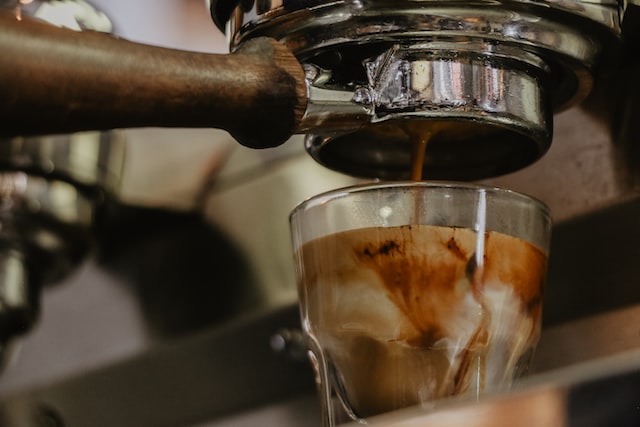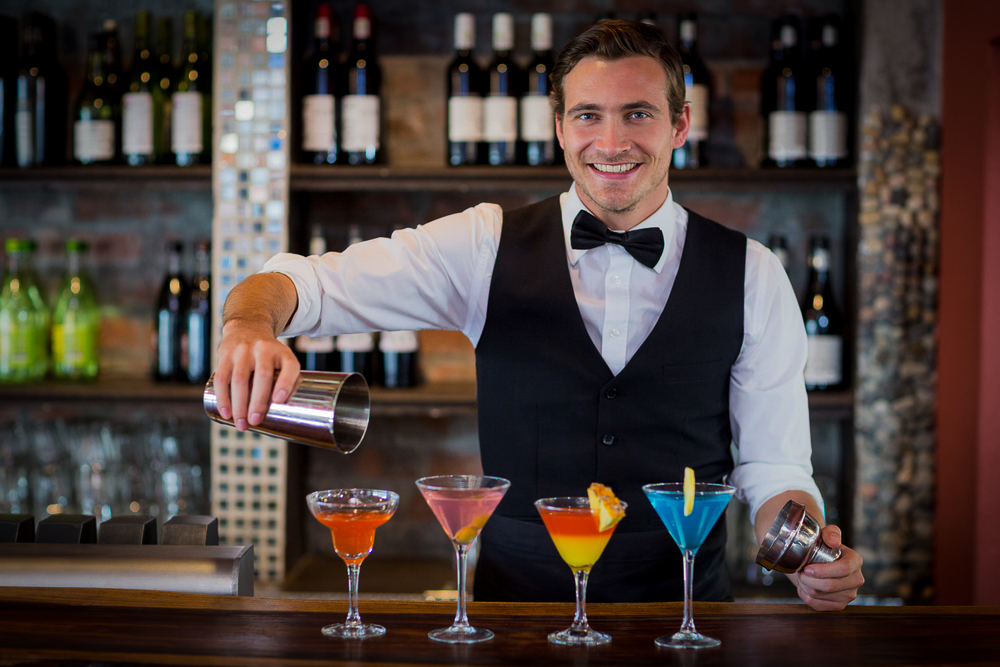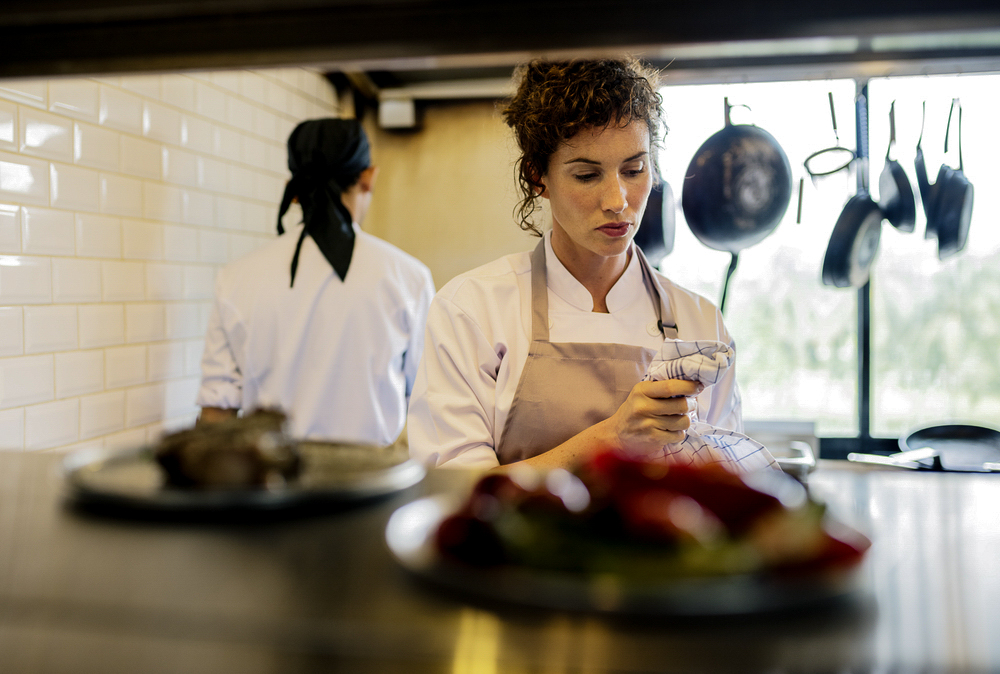
The simplest answer to what baristas get paid in Australia is that it’s complicated. Not by design, but rather because of a multitude of variables that apply to workers in the hospitality industry. These include the industry award that applies; whether you are a full-time, part-time, or casual employee; your age; and whether you only work weekdays or also over weekends.
It is also worth remembering that the Fair Work Commission sets out the minimum hourly rates, and some employers could offer a higher rate along with other benefits.
Industry Awards
Depending on the type of establishment you work in, as a barista your minimum hourly rate could be influenced by one of four industry awards. In many instances, baristas are covered by the Restaurant Industry Award [MA000119], but other awards include:
- Fast Food Industry Award [MA000003]
- Hospitality Industry (General) Award [MA000009]
- Registered and Licensed Clubs Award [MA000058]
Each award also includes reference to possible employee streams and levels or grades, with the provisio that no employee can remain at an introductory level for longer than three months. Although each industry award does include overtime and penalty rates, these can be altered by mutual agreement between the employee and employer.
Difference Between Full-Time, Part-Time, and Casual Employees
While what constitutes full-time employment is somewhat clear, the distinction between part-time and casual employment is less so. Part-time and full-time employment are very similar in that both entitle employees to:
- paid annual leave,
- paid sick, personal or carers leave, and
- paid compassionate leave.
The actual number of days for each is adjusted for part-time employees based on the number of hours worked. Part-time employees usually work less than 38 hours a week, but are scheduled regularly, and there could a requirement for their contract to stipulate the days and hours worked each week, along with start and finishing times.
Casual employees usually work irregular hours and not according to a fixed schedule. The needs of the business dictate when a casual employee might be scheduled to work. Casual employees might only work on weekends, or only be called in over holiday or seasonal peak periods. To compensate for the unpredictable nature of casual employment, the hourly rate for casual employees is marginally higher than that of part-time or full-time employees.
Whether you a full-time, part-time, or casual employee, it is important to remember that the hourly rate does also differ when working on a Saturday, Sunday, or public holidays. All employee types are also entitled to overtime pay where applicable, and a different hourly rate if working any number of hours between 10pm and 6am.
Like many other roles, working as a barista can see you cycle through busy and quiet periods. There is an element of predictability to the peaks and lulls, but for many businesses it means favouring part-time or casual employees over a full-time barista. Where a business does employ a full-time barista, it is usually a senior or master barista with extensive experience and leadership qualities. If you’ve only recently completed a barista training course, expect to start out as a casual or part-time barista.
Your Age and Your Barista Earning Potential
Your age will also have a minor influence on your earning potential as a barista. Not in the sense that being older is equated with seniority or experience. Instead, it is different industry awards that allow for a lower hourly rate for junior employees aged from 16 to 19 years old.
All of the above help explain why you will see barista jobs being advertised with hourly rates of anywhere from a little over $20, to closer to $60. And one of the best ways to increase your earning potential is to continually grow your skillset, not only in relation to hard skills, but also soft skills such as customer service and leadership. Because customers do develop relationships with baristas, and great baristas can draw customers to any venue they work in.




